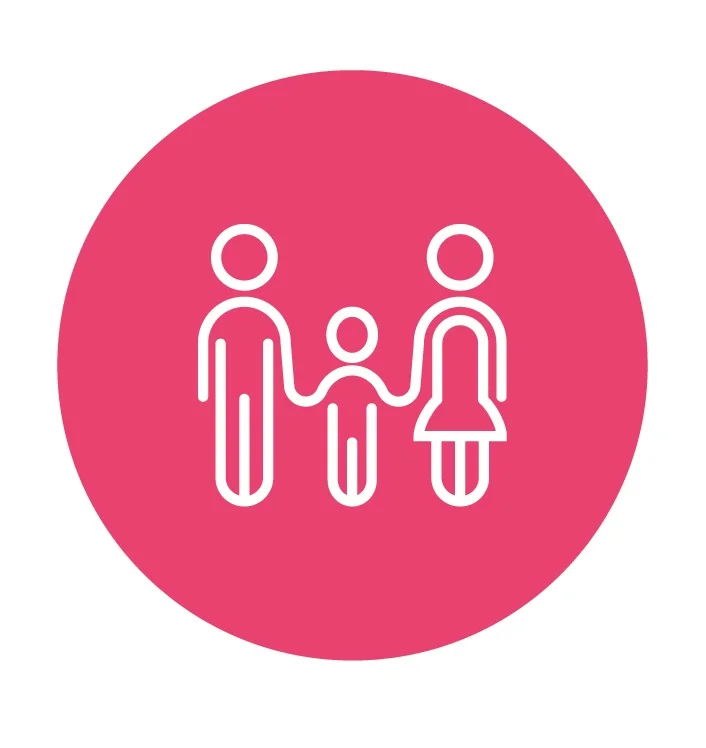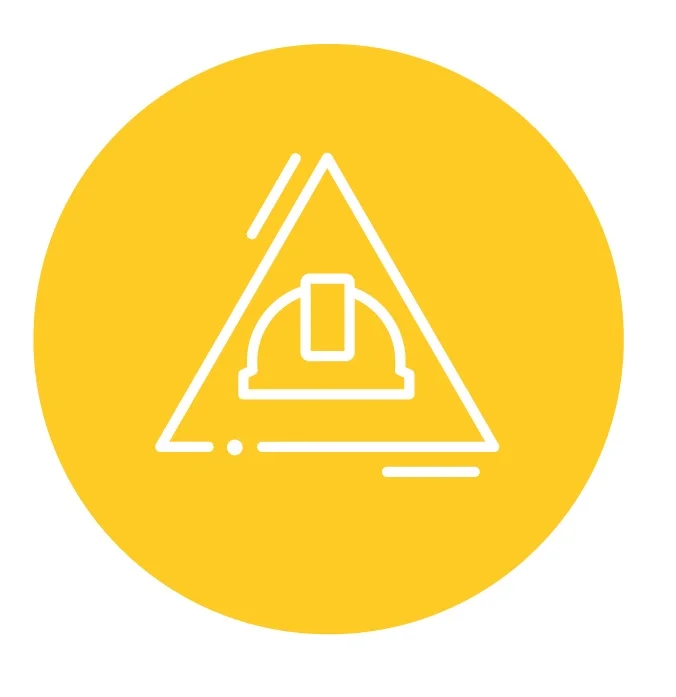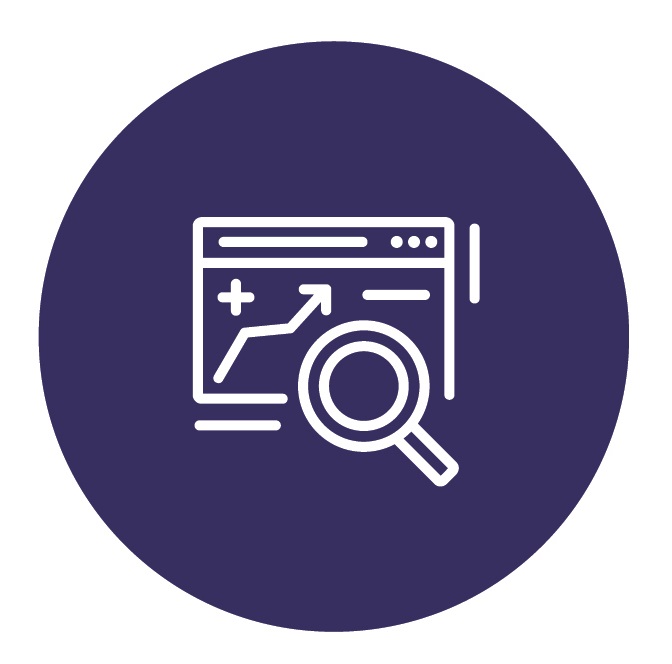Procurement
Procurement in this context means the purchase of goods or commodities by the project developer or operator, as well as contracting for services or goods. Hydropower projects rely upon a range of works, goods and services being provided to the project, for example contractors doing work, consultancies providing expert advice or contracts for materials, services or manufactured goods.
Good practice in procurement involves identifying major supply needs, supply sources, relevant legislation and guidelines, supply chain risk and corruption risks. Projects should put in place plans and processes to guide procurement of project goods, works and services, address identified issues or risks, and to meet procurement related commitments.
Understanding good practice
Good procurement practices can help projects to ensure that procurement of works, goods and services across major project components is equitable, efficient, transparent, accountable, ethical and timely, and that contracts are within budget or that changes to contracts are clearly justifiable.
International industry good practice in procurement for hydropower projects is defined in the Hydropower Sustainability Guidelines on Good International Industry Practice (HGIIP).
Assessing project performance
Two assessment tools are available to measure hydropower project performance:
In Hydropower Sustainability Assessment Protocol (HSAP), Procurement is addressed in P-12 for the preparation stage and I-8 for the implementation stage.
In Hydropower Sustainability ESG Gap Analysis Tool, Procurement is included in Section 9.






